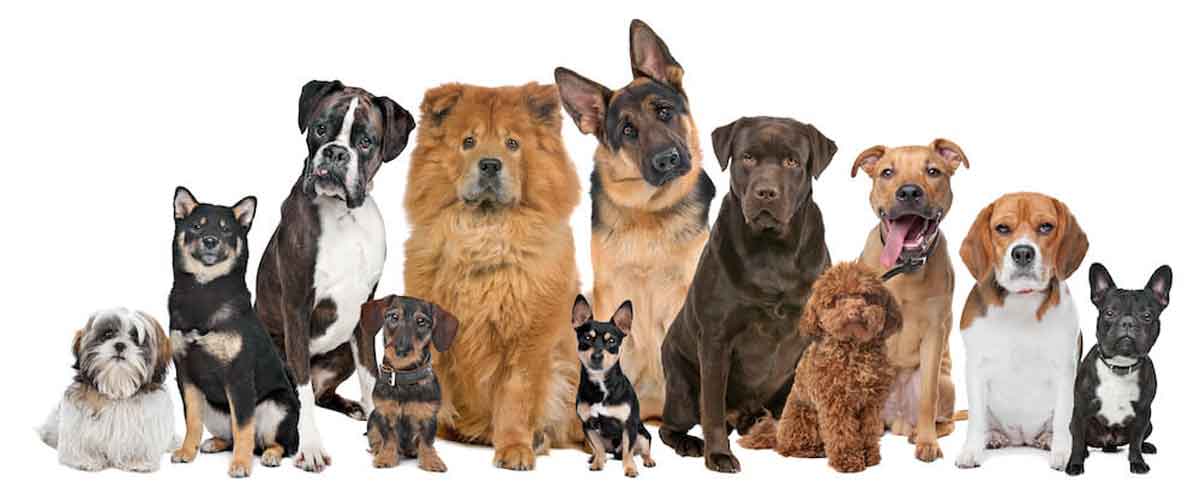The Benefits & Associated Responsibilities of Having Pets
Introduction: Pets have been integral to human lives for centuries, providing companionship, joy, and a sense of responsibility. Pets such as a loyal dog, a playful cat, or a chirpy parrot bring unique qualities to our lives. This thorough investigation will examine the numerous aspects of pet ownership, including the benefits of having pets, the diverse types of pets, the responsibilities associated with pet care, and the impact of pets on our physical and mental well-being.
Table of Contents
The Benefits of Having Pets
Companionship and Emotional Support:
One of the primary reasons people bring pets into their lives is for companionship. Pets provide unconditional affection and loyalty, especially dogs and cats.
- Research has indicated that pet owners had feelings of loneliness and depression, with the companionship of pets serving as a significant emotional support system.
Physical Health Benefits:
- Having a pet has been associated with better physical health—regular activities such as walking a dog or playing with a cat increase physical activity for pet owners.
- Moreover, interacting with pets helps lessen stress and blood pressure, leading to an overall improvement in cardiovascular health.
Social Connection:
A pet can help you connect with other pet owners and initiate conversations. Dog parks, pet-friendly events, and online communities provide opportunities for social interaction and the formation of new friendships.
Diverse Types of Pets
Dogs:
- Known as “man’s best friend,” dogs come in various breeds, sizes, and temperaments. Because of their extreme adaptability, they can be used as therapy dogs, companions, or even security dogs.
- Different breeds have different energy levels and care requirements, allowing prospective pet owners to choose a dog that suits their lifestyle.
Cats:
- Cats are independent yet affectionate pets that require less hands-on attention than dogs. They are ideal for individuals with busier schedules or limited space.
- Cat breeds vary in size, coat length, and temperament, offering a wide range of options for potential cat owners.
Birds:
Birds, such as parrots, canaries, and finches, are popular pets known for their colourful plumage and ability to mimic sounds. They are social animals that thrive on interaction and mental stimulation.
Small Mammals:
Rabbits, guinea pigs, hamsters, and ferrets are small mammals that make excellent pets. They are often chosen for their manageable size and unique personalities.
Reptiles and Amphibians:
Some individuals prefer the unique allure of reptiles and amphibians, such as turtles, snakes, or frogs. These pets require specific habitat conditions and a thorough understanding of their needs.
Responsibilities of Pet Ownership
Feeding and Nutrition:
Any pet’s health depends on eating a balanced and healthy diet. Understanding the dietary needs of different species is essential for proper care.
Veterinary Care:
Regular veterinary check-ups, vaccinations, and preventive care are essential to ensure a pet’s health. Responsible pet owners prioritize their pets’ medical needs.
Exercise and Mental Stimulation:
Dogs must exercise regularly to stay in good physical shape and prevent behavioural issues. Cats and other pets also benefit from mental stimulation through toys and activities.
Grooming and Hygiene:
Regular grooming, including brushing, bathing, and nail trimming, is necessary to keep pets clean and healthy. The specific grooming requirements vary among different breeds.
Training and Behavioural Guidance:
Training is essential for pets to become well-behaved members of the family. Consistent reinforcement of positive behaviour and clear boundaries contribute to a harmonious relationship.
Time and Attention:
Pets thrive on attention and interaction. Spending quality time with a pet strengthens the bond between owner and animal and contributes to the overall well-being.
The Impact of Pets on Physical and Mental Well-being:
Stress Reduction:
The presence of a pet has been shown to reduce stress levels and promote relaxation. Petting an animal releases oxytocin, a hormone associated with bonding and stress relief.
Emotional Support and Mental Health:
Pets provide emotional support, especially during challenging times. The companionship of a pet can alleviate symptoms of anxiety and depression, contributing to improved mental health.
Sense of Purpose:
Caring for a pet offers people a routine and a sense of purpose. The responsibilities associated with pet ownership can provide stability in daily life.
Increased Physical Activity:
Walkers, runners, and fetch players are among the most common forms of regular physical activity among dog owners. This increased exercise benefits both the owner and the pet.
Conclusion:
Pets play a multifaceted role in human lives, offering companionship, joy, and a sense of responsibility. The diverse types of pets cater to various preferences and lifestyles, ensuring that there is a perfect match for every individual or family. However, with the numerous benefits of pet ownership come significant responsibilities. Proper care, attention to health needs, and a commitment to meeting a pet’s physical and emotional requirements are essential components of responsible ownership.
The impact of pets on physical and mental well-being cannot be overstated. The positive effects of having a pet extend beyond mere companionship, from stress reduction and emotional support to increased physical activity. As we navigate the complexities of modern life, the timeless connection between humans and their pets remains a source of comfort, happiness, and unwavering companionship.





























 One of the primary reasons people bring pets into their lives is for companionship. Pets provide unconditional affection and loyalty, especially dogs and cats.
One of the primary reasons people bring pets into their lives is for companionship. Pets provide unconditional affection and loyalty, especially dogs and cats.















